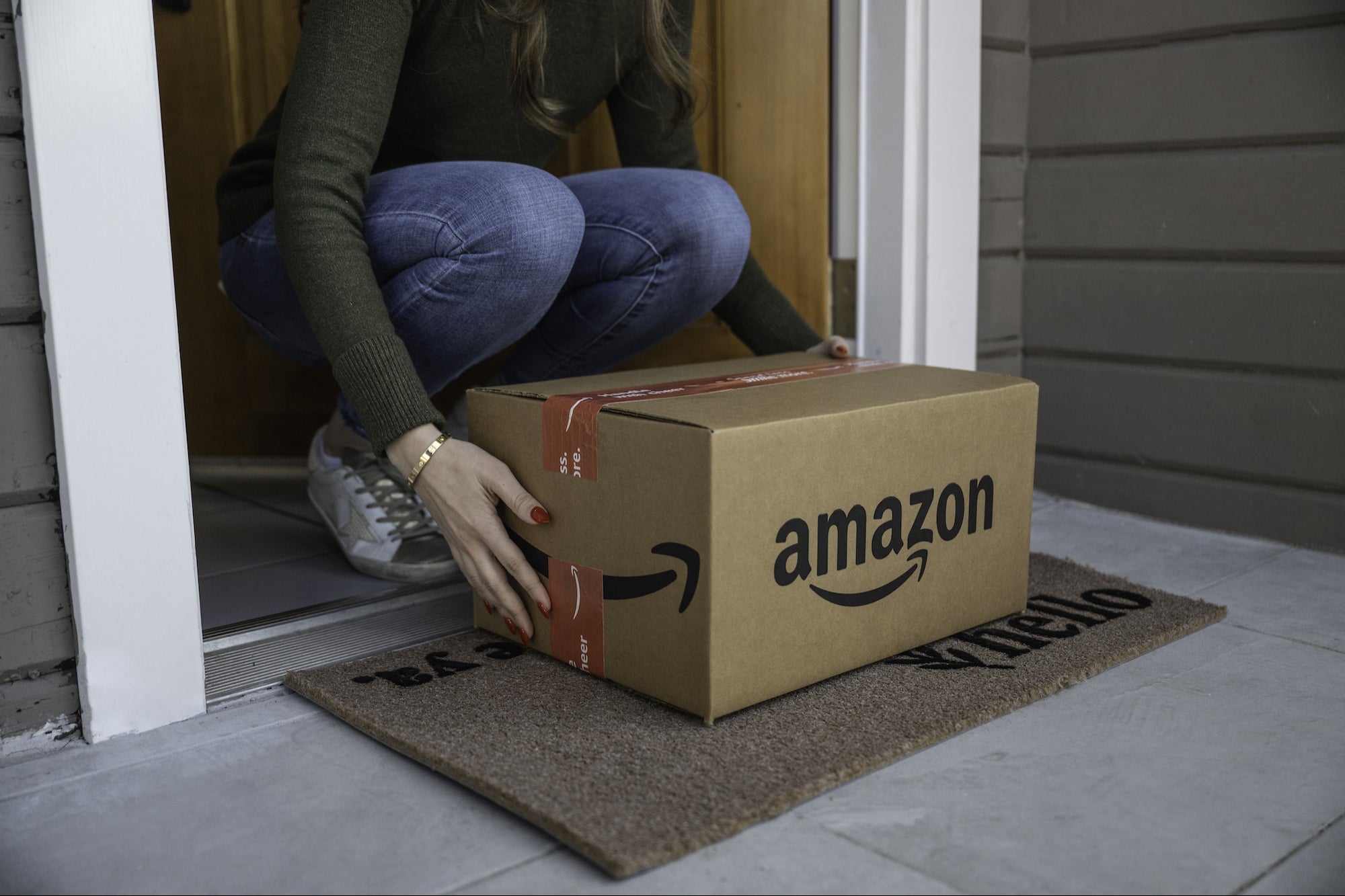Returns are a glut for e-commerce companies and a hassle for customers — but Amazon has rolled out a feature (on at least a few products) that should help cut down on the issue.
According to The Information, in the last few months, Amazon has slowly begun to use a label that informs customers if a product is returned often.
The warning advises users to look at “the product details and customer reviews” before purchasing.
Returns are notoriously difficult for merchants — and the environment. Optoro, a logistics company that helps with returns, has estimated that returns in the U.S. produce about six billion pounds of trash that ends up in a landfill. The company’s CEO Tobin Moore previously told CNBC that merchants end up throwing away about 25% of returns. One 2020 estimate put the cost for companies and supply chains at about $50 billion a year.
An Amazon spokesperson confirmed the move to The Information, according to The Verge.
“We’re currently showing return rate information on some product detail pages to help our customers make more informed purchase decisions,” a representative for the company told The Information.
So far, it looks like the feature is just available in the U.S. for certain products.
In a recent earnings call, Amazon CEO Andy Jassy said the company would try to continue to make its massive logistics network more efficient. The company could be using this as a way to cut return costs in the wake of stronger measures like laying off thousands of employees. The company found itself in this position after expanding enormously during the pandemic before facing changing consumer habits.
Related: Amazon To Cut 9000 Jobs In Second Round Of Layoffs: Report
Some sellers, however, are already complaining that the Amazon marketplace is too quick to punish them, and could see it as another strike against small businesses. On Monday, one consultant for Amazon sellers said he bribed employees in the company to help him get accounts reinstated.
Sellers have also complained about fees Amazon charges sellers and that it forces them to use company warehouses.














